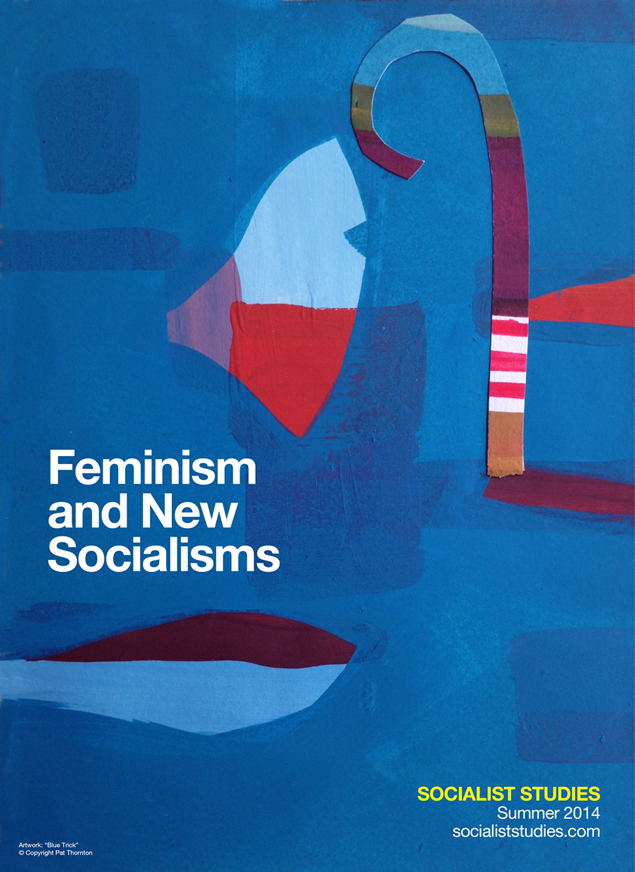The Transnational Capitalist Class, the Trilateral Commission and the Case of Japan: Rhetorics and Realities
DOI:
https://doi.org/10.18740/S4CC7QAbstract
Although the Japanese elite are now part of neoliberal globalization, this elite's rise within the transnational capitalist fraction has escaped the attention of social scientists outside Japan, with some exceptions including Stephen Gill’s (1990)’s work on the Trilateral Commission (TC) and Leslie Sklair’s (2001) book on multinational corporations and banks. The paper addresses this relatively underwritten case, by describing the transformations represented by transnationalisation of production and ownership and the historical and international context of Japanese capitalism. In addition, it examines the important role of the TC in supporting the creation of a transnational capitalist class. Throughout, I highlight the rhetorics used by the TC that emphasize the importance and benefits of neoliberal forms of economic transnationalization. In addition, I trace Japanese elite support for neoliberal forms of transnational integration in a series of Japanese economic Reports written in the 1990s. And, I examine quantitative evidence, as well as suggestive qualitative evidence around network ties of increasing transnationalization involving Japan. The article concludes that Japan’s elite is rhetorically and economically align with Western transnational capital fractions and increasingly acting as a transnational capitalist bloc, including through participation in the TC.Downloads
Published
Issue
Section
License
Copyright: Authors who publish in the Journal agree to the following terms: 1)Authors retain copyright and grant the Journal the right of first publication with the work simultaneously licensed under a Creative Commons Attribution License that allows others to share the work with an acknowledgement of the work's authorship and initial publication in the Journal; and, 2)Authors are able to enter into separate, additional contractual arrangements for the non-exclusive distribution of the Journal's published version of the work (eg post to an institutional repository or publish it in a book), with an acknowledgement of its initial publication in the Journal.






